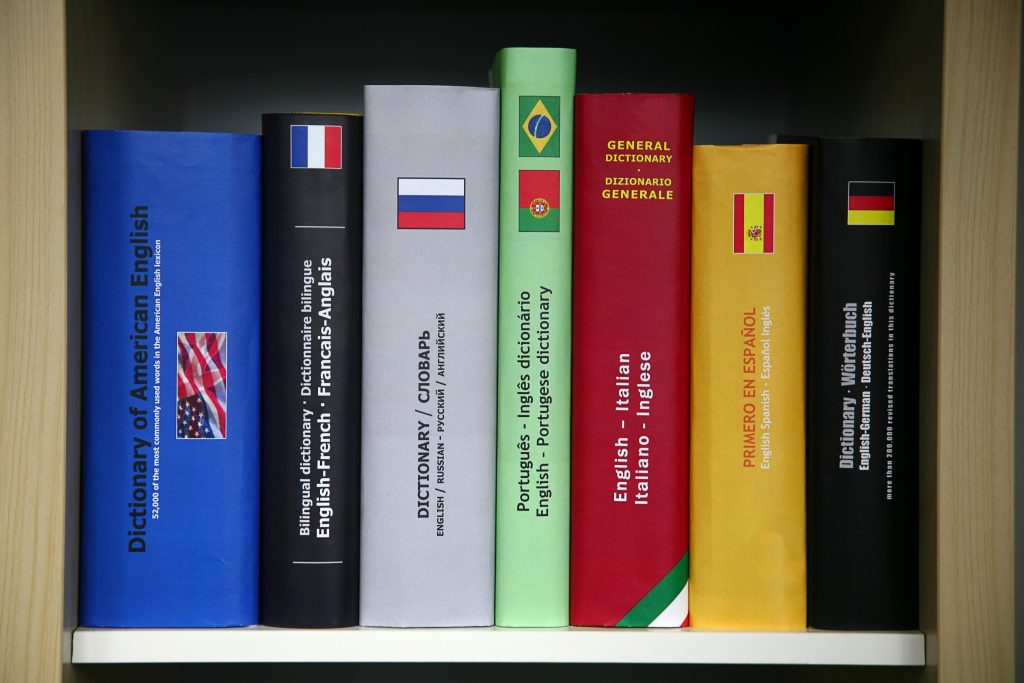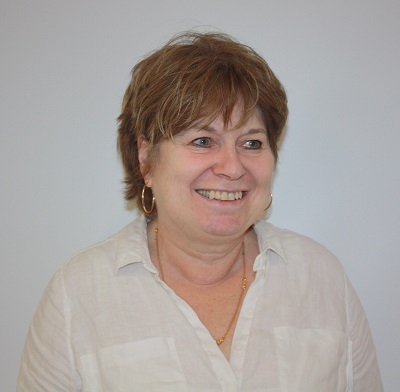
Cropped shot of a group of university students studying in the library
How did you get into EAP?
I first got into EAP because I was already teaching Italian at the University of Reading in the mid 1990s, and I began to notice that there were increasing numbers of international pre-sessional and in-sessional students coming to the Language Centre for English lessons. I decided to take a certificate in TEFL and was then offered work part-time work teaching English at the university. It carried on from there!
Tell us about your interest in student experience and academic literacies.
I think that many international students are taking on a huge challenge when they come to study for a degree in an English-speaking environment. I want the students that I teach to feel that I understand their struggle; they can ask me any questions, no matter how basic they might feel their question to be. That’s part of how they learn. Academic literacies is an approach to teaching EAP which acknowledges that each discipline has its own tools for building and demonstrating knowledge; for example a student of Pharmacy may need to learn through writing a standard operating procedure, a student of Chemistry through writing a lab report and a student of Film through analysing the effect of certain camera shots in a scene. Some disciplines have certain similarities, but it’s not ‘one size fits all’.
You have an interesting insight into language learning, as you studied French and Italian at university- how does that inform your teaching?
At school, I was always interested in modern foreign language learning, but I also enjoyed learning Latin as this allowed me to see how certain words originated. For example, ‘semen’ in Latin means ‘seed’ so a ‘seminal work’ in English means an original, influential and pioneering book which has given birth to many new ideas. I enjoy explaining links such as these to students in the classroom as I think it helps them to remember new words and extend their vocabulary.
You work with a variety of academic schools at Reading University- are there interesting differences between teaching different schools?
Yes, all the Schools at the university are very different. But they all have to conform to the same high standards in terms of academic rigour. Each module is assessed either through coursework or through exams, and all students are encouraged to join in, think critically, be self-aware, reflective, and ultimately fulfil their potential in their chosen subject area.
What are you working on at the moment?
Apart from my regular teaching, I’m also undertaking some research into the reading behaviour of international students. It’s so important for students to have the confidence to learn through decoding the written word, taking notes, discussing new ideas with class mates, and questioning their own ways of being. People grow and change throughout their learning journey, and I’d like to find out how to facilitate this process still further.

What is your motto?
‘Human flourishing’ (Eriksen, 2016, p. 605) is enabled through ‘living life in openness to others’ (Shields, 2007, p. 65).
Shields, C. M. (2007). Bakhtin Primer. New York; Oxford: Peter Lang, Eriksen, A. (2016). ‘Should eudaimonia structure professional virtue?’ Journal of Philosophy of Education, 50(4), 605 -618.
What is your favourite English word or idiom?
‘Do as you would be done by’.
Which living person do you most admire?
Barack Obama.
What did you want to be when you were growing up?
A French teacher.
Which book have you read recently that you’d recommend to everyone?
To Kill a Mockingbird by Harper Lee.
What fact about you might people who know you not be aware of?
I once did a genetic DNA test which said that my ancestors can be traced back to Siberia!



